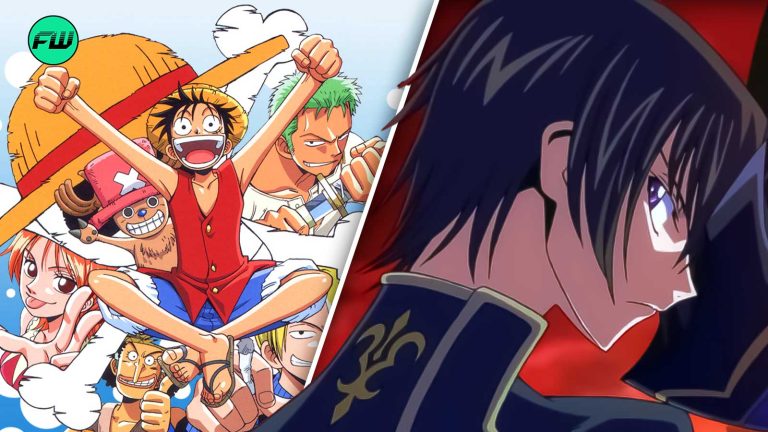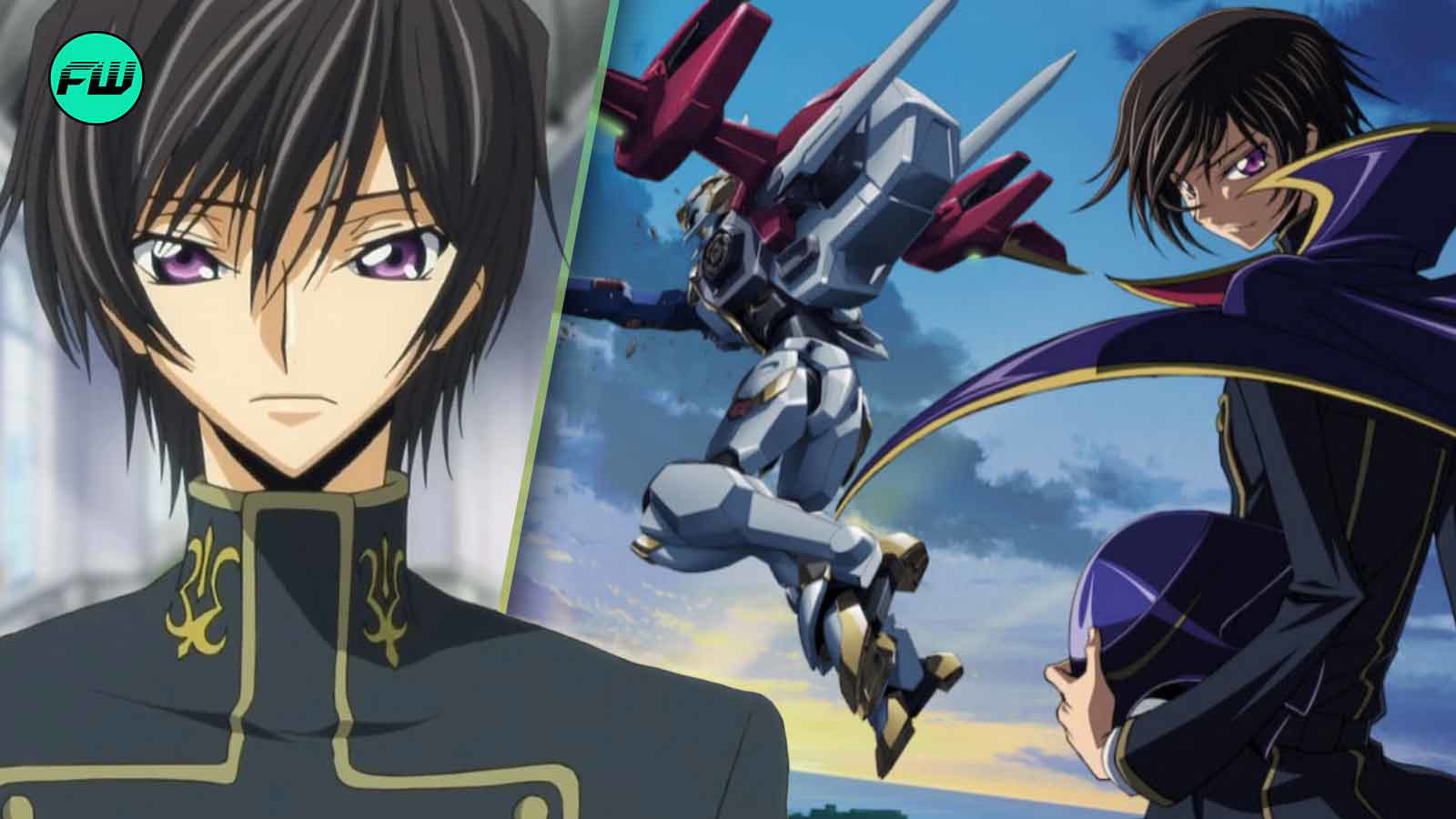
Forget Death Note and Attack on Titan. A true well-written example of a main protagonist-turned-main antagonist is Lelouch Lamperouge from Code Geass. The gripping narrative and shocking plot twists had a chokehold on the anime community in the 2000s and even today.
The production of Code Geass, however, wasn’t smooth. Sunrise’s anime adaptation faced many challenges along the way, enough to make the director, Goro Taniguchi, want to quit the industry altogether.
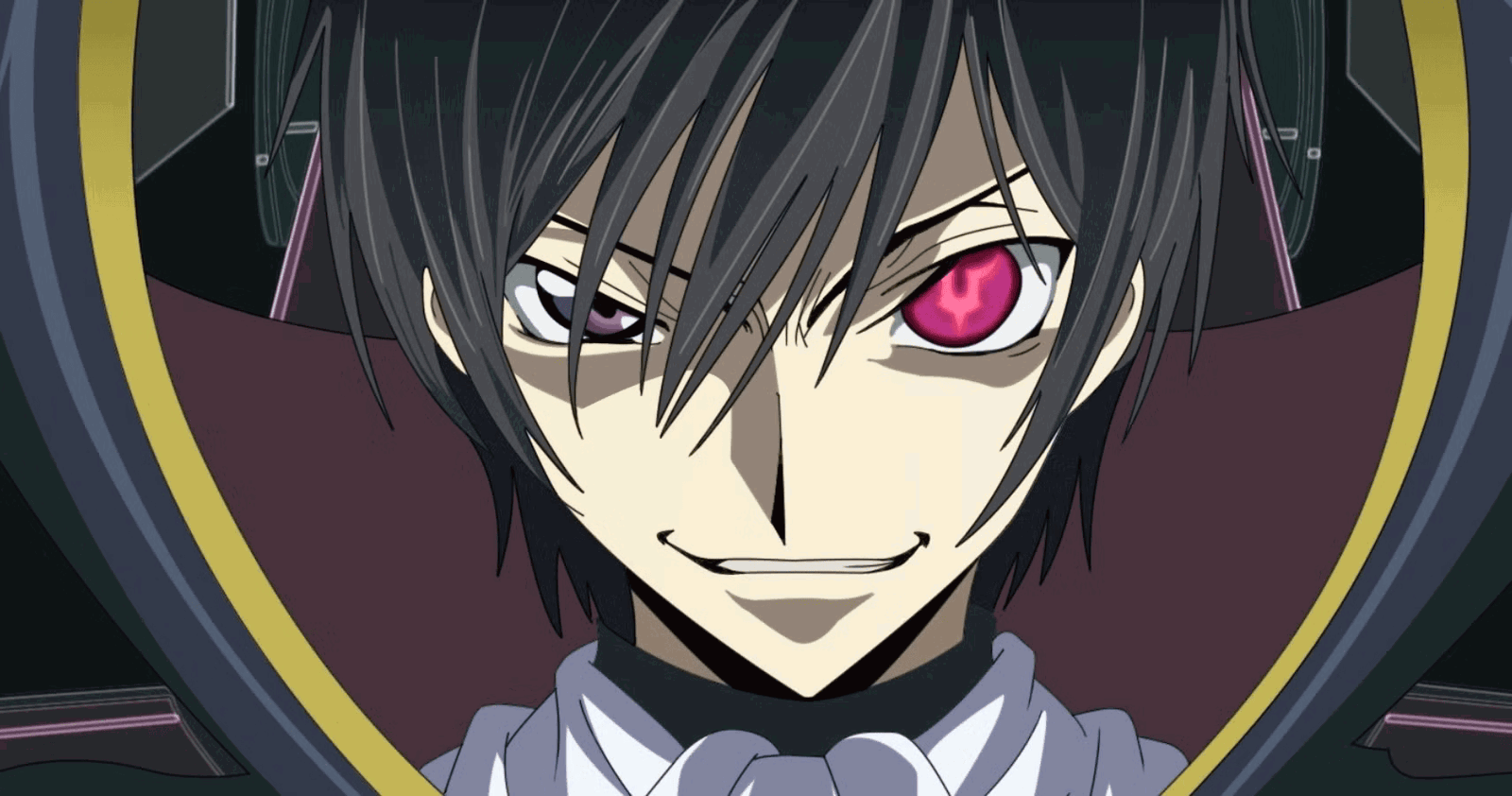
An interview with Taniguchi revealed the internal struggles going on with Code Geass. It wasn’t easy to fight for the team’s creative vision when many limitations were placed on them, especially with how much of the responsibility landed on the director.
In a show of support from the viewers, the team could execute their vision for Code Geass as a full 25-episode series rather than what Sunrise made them do.
Taniguchi’s vision for Code Geass was under threat
The second season of Code Geass faced significant challenges during its conception. The production house had set a limit of 23 episodes for the second part, despite Taniguchi’s vision for two extra recap episodes.
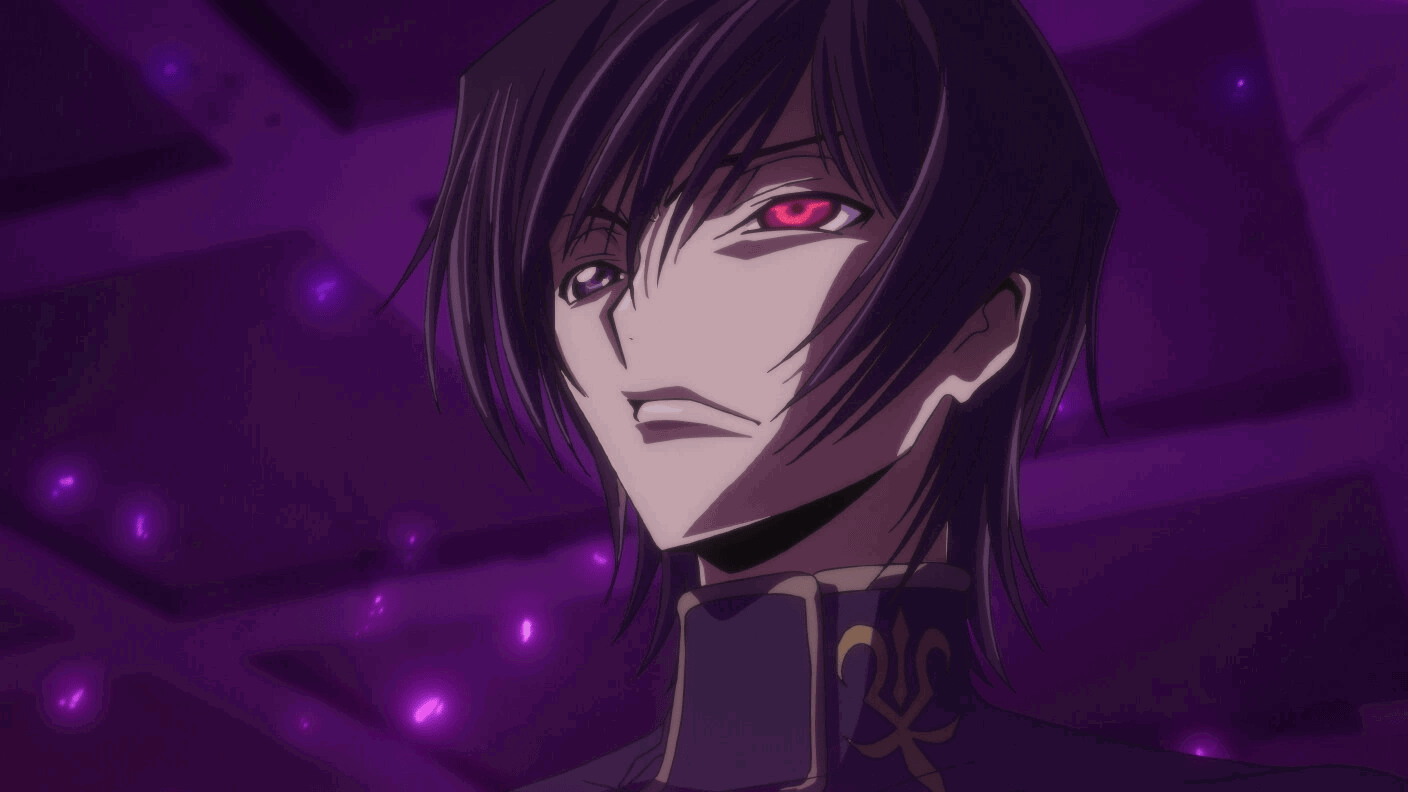
This limit created pressure on the team, particularly Taniguchi, who faced the intimidating goal of condensing a complex, nuanced manga into fewer episodes without compromising its artistic and philosophical integrity.
When Sunrise didn’t see the vision, fans stepped up. The Code Geass community showed their support for the team behind the anime adaptation and they were able to complete the 25-episode season. Despite this, Goro Taniguchi reveals how worthless and disappointed he felt in himself.
In an interview with Roman Album, the director gets honest and vulnerable about his mindset during the process and challenges of making season 2:
I thought, as director, I’d have to take responsibility for this, and retire from the industry.
This was the toughest time, but at that time, I received sufficient support from the viewers, and was able to produce eps 24 and 25. With this I was able to finish it off the way I had planned. I was very grateful.
He further scrutinizes himself, saying:
But then, another distressing time. Ep 25 was written completely under the premise “In half a year, I’ll be able to continue with ep 26 in the same timeslot.” But that was ruined. If I think of it now, there are good sides to it to, but at the time, I became useless to the viewers.
The director claims he didn’t know what to write for the 25th episode and how to conclude the series. His worries were dispelled after hearing the fan reactions, which he was sincerely shocked by.
Code Geass’ success speaks for itself
Taniguchi might have believed he did the series injustice but it wasn’t the case. Fans would never have shown up otherwise. There will never be another anime like Code Geass and they knew that.
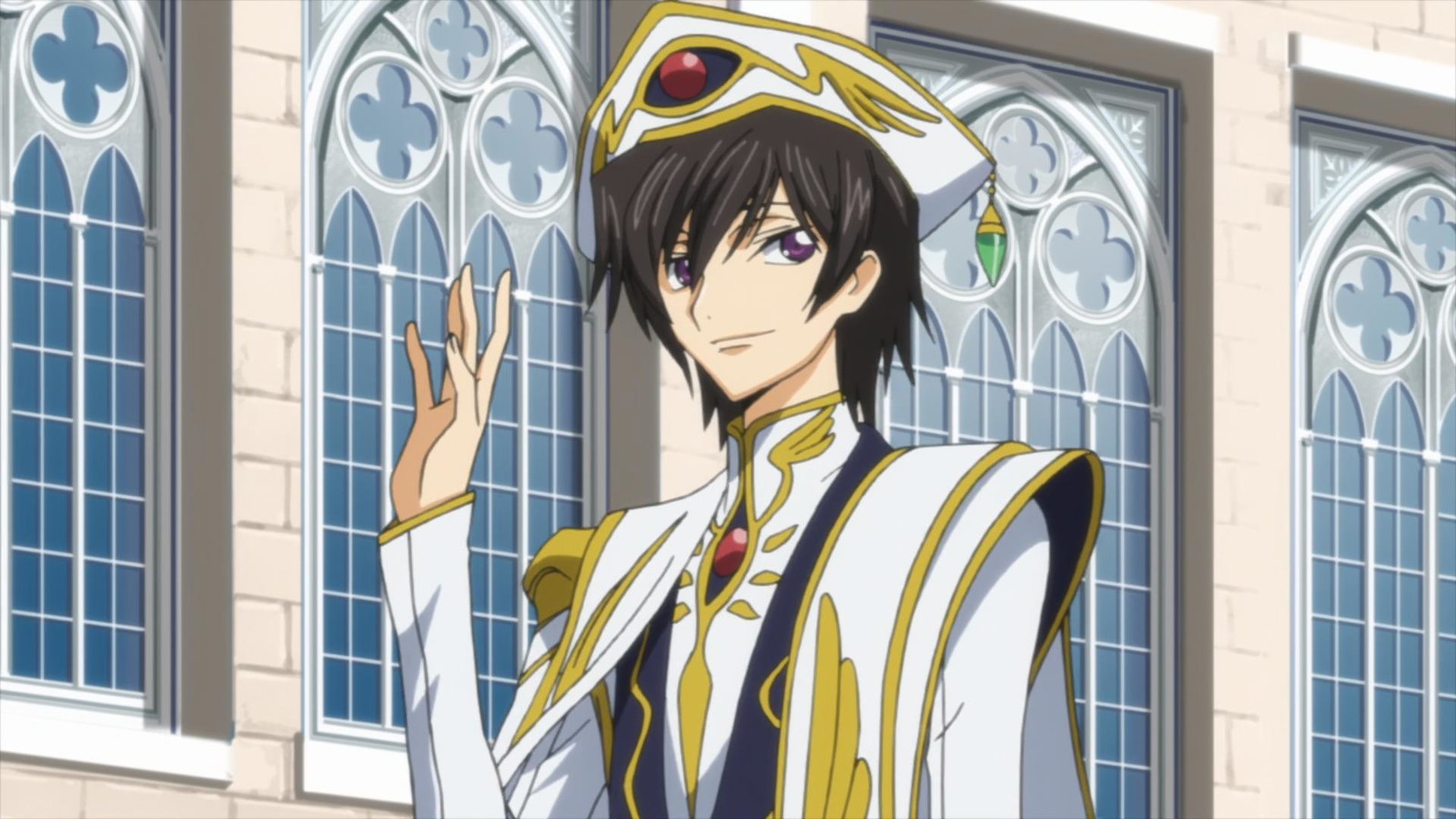
The success of the anime adaptation of Code Geass not only speaks for itself but also emphasizes how important a creative vision is, no matter how flawless a manga might be. It displays an unbreakable solidarity between the creators and the fanbase.
Taniguchi might’ve been at a low point in his career but the loyalty of the Code Geass’ fan base towards his vision saved him from a premature retirement that would’ve undoubtedly ruined the series more than he ever could have. However, it goes to show how production houses are more to blame than we realize.
Code Geass is available on Crunchyroll.
This post belongs to FandomWire and first appeared on FandomWire

